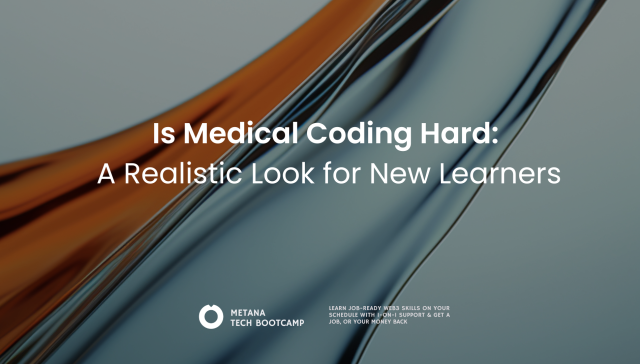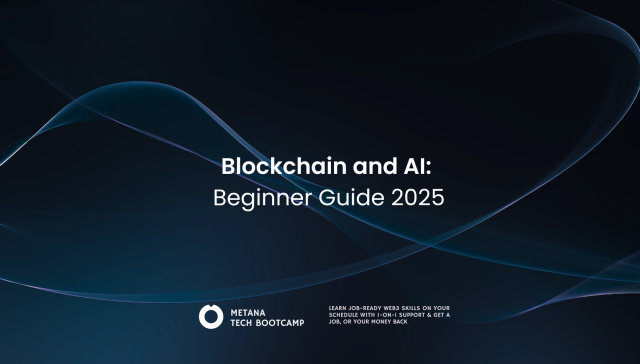In today’s technology-driven world, an intriguing question arises, “What is the career path in Artificial Intelligence (AI)?” AI, a field focused on empowering machines to mimic human intelligence, offers a career path laden with fascinating prospects and innovative developments.
AI is a big field with lots of different parts like Machine Learning, Natural Language Processing, Robotics, and more. This makes the job path in AI really varied and interesting. Let’s look more into this exciting path.
People usually start their AI journey with a good education in computer science, math, or a similar subject. These subjects help understand things like algorithms and data structures, which are really important in AI. But you don’t always need a formal degree. As AI becomes easier to learn about, many successful AI experts have moved over from different areas, using self-study and special courses.
Moving further into “What is the career path in Artificial Intelligence?”, programming becomes really important . Code is at the center of AI, and it’s how all the ideas and theories come to life. Python and Java are really popular languages in AI because they’re easy to use and very strong. Knowing these languages well, along with AI tools like TensorFlow and Keras, can really help you in your AI journey.

As you progress on this path, you’ll come across a variety of specializations. For instance, as an AI Engineer, you might find yourself designing, implementing, and maintaining AI systems. On the other hand, as an AI Research Scientist, you might be on the forefront, developing and exploring cutting-edge AI theories.
Halfway into our exploration of “What is the career path in Artificial Intelligence?”, it becomes evident that AI is not just a single career track. With its applications permeating numerous sectors, you have the flexibility to branch into areas like healthcare, finance, or transportation. For example, in healthcare, AI specialists can work on improving diagnostic procedures or patient care.
Keeping the rapidly evolving nature of AI in mind, staying updated with the latest developments is crucial. This requires a commitment to continuous learning and adaptability. Additionally, AI professionals should possess strong problem-solving capabilities and creative thinking to devise innovative solutions.
In the final stage of the career path in AI, once you’ve acquired significant experience and expertise, you can progress to leadership roles. These roles involve overseeing AI projects, making strategic decisions, and guiding junior team members.
What are the career paths for artificial intelligence (AI)?
- AI Engineer: AI engineers are responsible for designing, building, and deploying AI systems. They work closely with data scientists, software engineers, and other technical professionals to develop and implement AI solutions.
- Data Scientist: Data scientists are responsible for collecting, analyzing, and interpreting large amounts of data. They use AI algorithms to find patterns and insights in the data, and use this information to make decisions and solve problems.
- Research Scientist: Research scientists work on developing new AI algorithms and techniques. They publish their findings in academic journals and conferences, and collaborate with other researchers to advance the field of AI.
- AI Consultant: AI consultants help businesses and organizations to adopt AI technologies. They advise on the best use cases for AI, and help to implement and deploy AI systems.
- AI Educator: AI educators teach others about AI. They may teach courses at universities or colleges, or provide training to businesses and organizations.
The specific career path you choose will depend on your interests, skills, and experience. If you are interested in the technical aspects of AI, then you might want to consider a career as an AI engineer or research scientist. If you are interested in the business side of AI, then you might want to consider a career as an AI consultant or educator.
Here is a possible career path for AI:
- Undergraduate: Get a bachelor’s degree in computer science, data science, or a related field.
- Graduate school: Get a master’s degree or PhD in AI or a related field.
- Entry-level: Get a job as an AI engineer or data scientist.
- Mid-level: Get a more senior position as an AI engineer or data scientist.
- Senior-level: Get a leadership position as an AI engineer, data scientist, or research scientist.
- Expert: Become a recognized expert in AI and publish your research in top academic journals.
No matter what career path you choose, there are a few things you can do to prepare:
- Learn the skills you need to be an AI practitioner. This includes programming, statistics, machine learning, and AI algorithms.
- Build a portfolio of your work. This will help you to showcase your skills to potential employers.
- Network with people in the AI field. This will help you to learn about job opportunities and get your foot in the door.
The field of AI is rapidly growing, and there is a high demand for skilled AI professionals. If you are interested in a career in AI, now is a great time to get started.
Here are some additional tips for a successful career in AI:
- Be curious and always be learning. The field of AI is constantly evolving, so it is important to stay up-to-date on the latest trends.
- Be creative and innovative. AI is a creative field, so be willing to think outside the box and come up with new solutions to problems.
- Be able to communicate your ideas effectively. AI practitioners need to be able to communicate their ideas to both technical and non-technical audiences.
- Be patient and persistent. AI can be challenging, but it is important to be patient and persistent in order to succeed.
Conclusion : What is the Career Path in Artificial Intelligence?
As we conclude our exploration of “What is the career path in Artificial Intelligence?“, it becomes clear that the journey is multi-dimensional. From building a fundamental knowledge base, gaining programming proficiency, and specializing in a particular field, to constantly learning and eventually leading, the path is diverse but interconnected. While challenges lie in each stage, the rewards are equally profound. With every step in AI, you contribute to developing smarter technologies, solving complex problems, and creating an impact on how we live and work. Embark on this incredible journey and be a part of shaping the future.

- What are the career paths in Artificial Intelligence?
A multitude of career opportunities exist in AI, including AI Engineer, Data Scientist, AI Researcher, among others.
- What educational qualifications are necessary for a career in AI?
While many AI professionals have degrees in Computer Science or Mathematics, there are numerous self-teaching resources and specialized courses available to get started in AI.
- What programming languages are important in AI?
Python and Java are the most commonly used languages in AI due to their robustness and simplicity.
- What are the roles and responsibilities of an AI Engineer?
AI Engineers design, implement, and maintain AI systems. They work with complex data structures and algorithms to build intelligent applications.
- What does a Data Scientist do in AI?
Data Scientists utilize their knowledge of AI to draw insights from complex data, helping solve complex business problems.
- What does an AI Researcher do?
AI Researchers explore and innovate within the field of AI, developing new theories and techniques.
- What soft skills are necessary in AI?
Problem-solving abilities, creativity, and good communication skills are paramount in the field of AI.
- What is continuous learning in AI?
Given the rapidly evolving nature of AI, continuous learning involves keeping oneself updated with the latest advancements and learning new tools and techniques.
- What are the leadership roles in AI?
Leadership roles in AI involve guiding the strategic direction of AI applications within an organization.
- Is a career in AI promising?
Absolutely! With the expanding applications of AI across industries, a career in AI offers immense growth opportunities.





